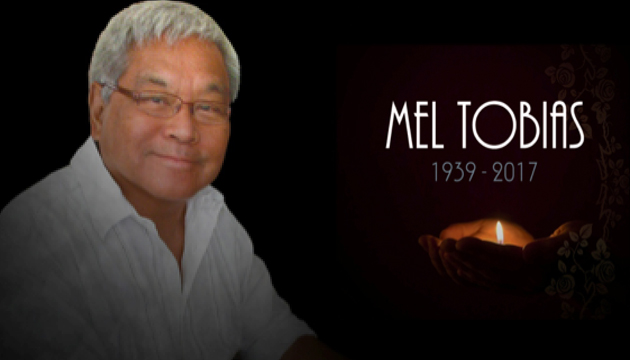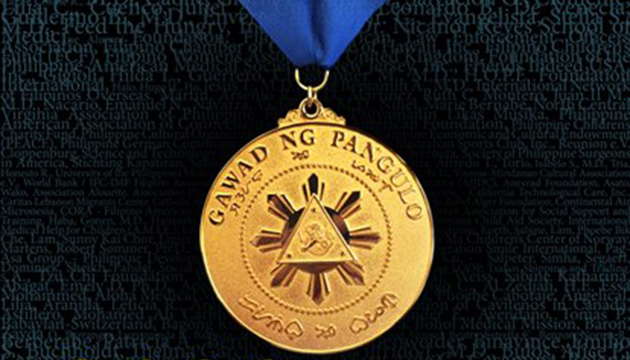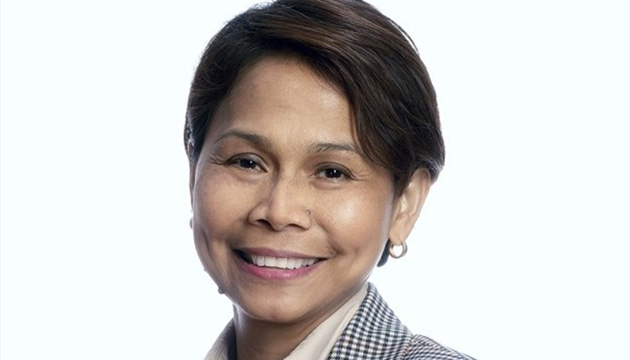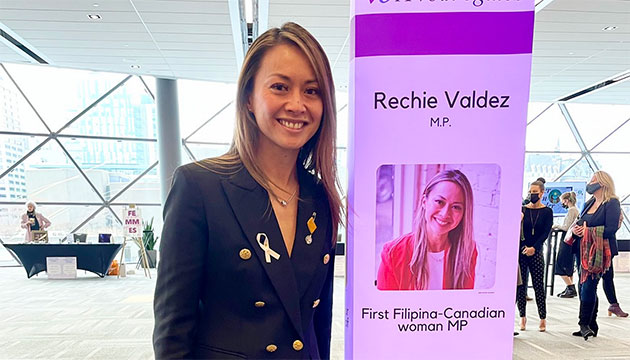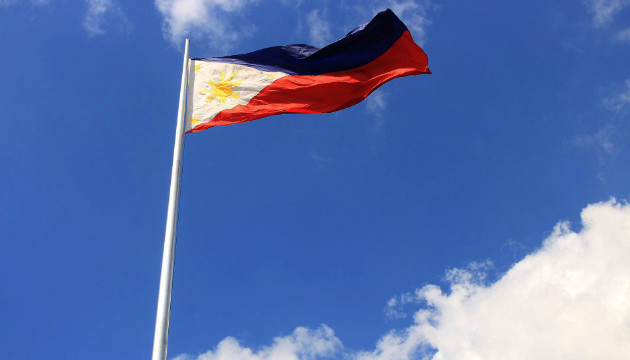According to estimates from the Commission on Overseas Filipinos, in 2013, out of a total Philippine population of about 97 million, there were about 10.2 million Filipinos living outside the country.They were found in 288 countries all over the world. In 2016, the country’s total population rose to almost 103 million, and it is safe to conclude that more Filipinos have also left the Philippines to live and work abroad.
Due to their colonial history (more than 300 years under Spain which Christianized the Filipinos, and 50 years under the United States which promoted democratic governance and public education), most Filipinos are familiar with Western culture and are at ease in a Western milieu. They have no trouble with cultural assimilation and social integration wherever they may live in the world. They easily become global citizens.
But breathes there a Filipino,wherever he may be,who does not feel a lump in his throat, a tug at his heart strings, and shivers running down his spine when he hears the haunting lyrics of Lupang Hinirang? And when he tries to join in the singing of the anthem, does his voice break in mid-sentence as he is overcome by feelings of longing, loneliness, nostalgia, latent patriotism? Even Filipinos who have become naturalized citizens of other countries like Canada feel this aching homesickness for the old country when they suddenly hear the National Anthem after being away from the Philippines for many years.
Some naturalized Canadian Filipinos actually opted for dual citizenship after the Philippines passed the dual citizenship law in August 2003 just so they could sing the National Anthem “with fervor burning” as Filipinos once again. Even those who have no plans to return to the Philippines are subject to this emotional reaction to Lupang Hinirang. Some reacquired their Filipino citizenship for sentimental reasons such as to regain the right to be called "Filipino" by citizenship and sing the anthem as one.
As explained by Atty. Anthony Mandap, in an article on the Canadian Filipino Net theme for this month, dual citizenship has many advantages for Canadian Filipinos. And yet not many of them have taken advantage of it. Older naturalized Canadian Filipinos don’t feel the need to reacquire their Philippine citizenship because they had decided to stay in Canada permanently and are able to visit the Philippines as balikbayan whenever they wish anyway. Others are concerned because of the recent extra judicial killings under the virtual dictatorship of President Duterte and perceived unstable political, social and economic conditions in the country. Still others are unaware of the rights and privileges they would enjoy as dual citizens.
Aside from the lack of information, there is also disinformation among the uninformed about imagined problems and situation that may never occur such as a war breaking out between the Philippines and Canada or the Canadian Embassy in Manila "refusing" to assist or rescue Canadian Filipinos because of their dual citizenship. Some ill-informed members of the Filipino community are also fear-mongering about the application of Canada’s legislation called C-24 which authorizes the Canadian government to strip a Canadian of citizenship if found to have links to terrorism. Others are spreading false information about double taxation even though it is clear in the dual citizenship law that overseas Filipinos are exempt from Philippine income taxation on their foreign income.
Only a few countries grant dual citizenship without restrictions and pressures to integrate or intermix with the mainstream population. Some of these countries are Australia, Canada, New Zealand and the United States. They believe in multiculturalism which brings about a more interesting and diverse society with an enriched culture of new traditions and ideas. From living in such a diverse society comes a greater appreciation and respect for other cultures,tolerance and open mindedness. In the Philippine diverse society, naturalized Canadian Filipinos when they visit the Philippines play an important role in passing on their Canadian values and beliefs to Filipinos they encounter, encouraging them to follow Canadian practices in human rights, social justice and clean government.
In a world that is dangerously turning exclusive, ultra rightist and conservative under a strongman rule, Filipinos in liberal and democratic Canada are fortunate to have the opportunity to become citizens of two countries that allow dual citizenship. Naturalized Canadian Filipinos who still have some ardent feelings for their native land now have a chance to become Filipino citizens as well. They just have to seize the opportunity available in any Philippine Consulate in Canada and the Philippine Embassy in Ottawa.
By Eleanor R. Laquian for
The CFNet Editorial Board
Contact us at:




